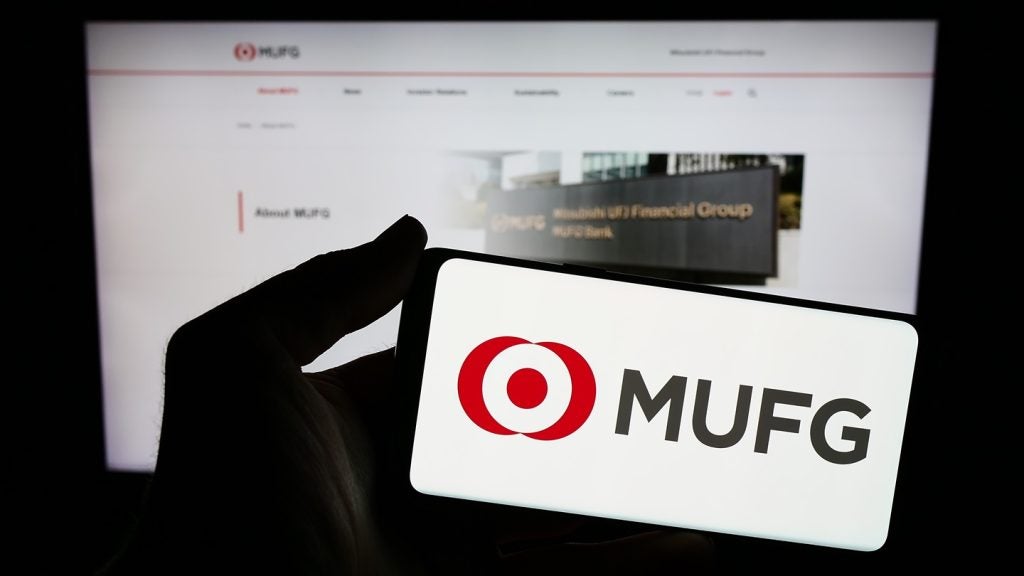Kleinwort Benson is to launch a
deferred interest account as part of a strategy to help clients
overcome current and future elevated income tax rates in the
UK.
The product, which has not been named, is a basic savings account,
but instead of interest being credited monthly into the account, it
is accounted for by the bank on an accruals basis.
As the client has not received interest, they do not have to pay
tax on the money until the interest is credited to the account – in
other words, when the account is closed.
For individuals paying the higher rate of income tax, the product
is a way of deferring tax payments to a time when their annual
income declines, for example when they retire. It is also seen as
attractive for those “taking a punt that income tax levels will
decline in the future”, according to a bank spokesman.
The product was initially created by banks like Bradford &
Bingley International and Nationwide International for non-UK
domiciled clients who are internationally mobile and looking to
mitigate their exposure to UK tax.
“In a low interest rate environment, these products have not really
caught on,” said Jeremy Croysdill, Head of Tax Services at the
bank. “But if we start to see rate rises, there could be
considerable interest.”
How well do you really know your competitors?
Access the most comprehensive Company Profiles on the market, powered by GlobalData. Save hours of research. Gain competitive edge.

Thank you!
Your download email will arrive shortly
Not ready to buy yet? Download a free sample
We are confident about the unique quality of our Company Profiles. However, we want you to make the most beneficial decision for your business, so we offer a free sample that you can download by submitting the below form
By GlobalDataDetails of the account were announced as part of an update on the
bank’s tax strategy.
Lisa Cornwell, a private client tax specialist at Kleinwort, said
structuring wealth tax efficiently was as important a part of
wealth management as ever in the UK because of the increase in both
levels of tax and complexity.
Following announcements in the 2009 Budget, the bank has two core
tax strategies.
The first is to suppress clients’ income below the £150,000
($243,685) top band for income tax – which the deferred interest
account could be used in part to do.
The second is to exploit the difference between capital gains tax,
at 18 percent, and income tax, at 50 percent.
“We are looking at strategies to help our clients achieve capital
returns and ways to suppress their taxable income to within
£150,000,” said Scott Duncan, another private client tax specialist
at Kleinwort.
Croysdill added: “I think the major issue on the radar at the
moment is the large mismatch between income tax and capital gains
tax, which will give a 32 percent tax arbitrage after April
2010.
“The new CGT rate was only introduced 18 months ago, but if they
increased a rate that has only just been reduced, before now, it
would have created quite a backlash. However, there now look to be
two options on the horizon.
“One is we could see a flat rate come in for capital gains tax
going up to somewhere between 25 percent to 30 percent. Or we will
see some sort of differentiation in the tax rate between long term
and short term capital gains.”
Big impact
One area where new UK tax laws are likely to have a big impact is
in philanthropy. Those who have income of more than £150,000 would
receive additional tax relief on their charitable contributions if
they are delayed until the new 50 percent tax rate comes into
effect on 6 April 2010.
Croysdill said it was hard to put a figure on the number of
investors delaying their charitable donations as a result of the
higher income tax rates.
“Those who are well advised would be in a better tax position
should they make a charitable donation on 6 April 2010 instead of 5
April 2010,” he added.
“Armed with this information, they can decide whether or not to
make a charitable donation in 2009/10 or 2010/11.”
Kleinwort Benson has £7 billion in assets under management and an
11-strong in-house tax team.








